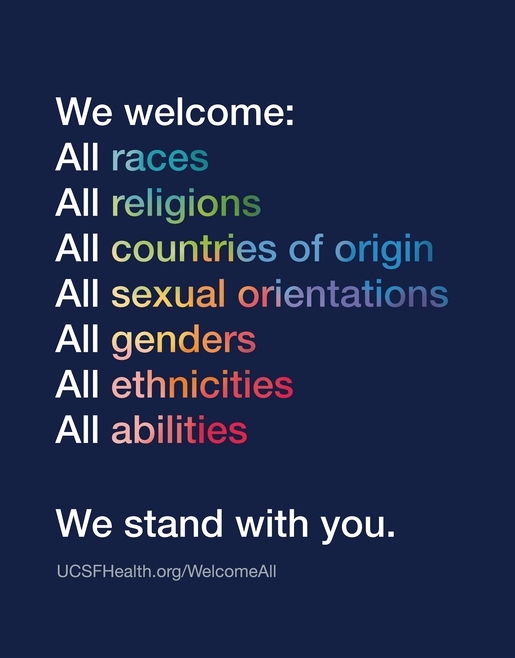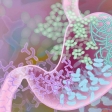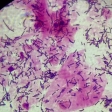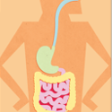Raw Vs. Cooked Diets Have Distinct Effects on Both Mouse and Human Gut Microbes
by Nicholas Weiler via UCSF.edu
Scientists at UC San Francisco and Harvard University have shown for the first time that cooking food fundamentally alters the microbiomes of both mice and humans, a finding with implications both for optimizing our microbial health and for understanding how cooking may have altered the evolution of our microbiomes during human prehistory.

In recent years, scientists have discovered that many facets of human health — ranging from chronic inflammation to weight gain — are strongly influenced by the ecological health of the vast numbers of microbes that live in and on us, collectively known as our microbiome. This burgeoning field has sparked efforts at UCSF and across biomedical research to better understand how our environments and behavior can improve human health by shaping healthier microbiomes.
“Our lab and others have studied how different kinds of diet — such as vegetarian versus meat-based diets — impact the microbiome,” said study senior author Peter Turnbaugh, PhD, an associate professor of microbiology and immunology and a member of the executive leadership of the UCSF Benioff Center for Microbiome Medicine. “We were surprised to discover that no one had studied the fundamental question of how cooking itself alters the composition of the microbial ecosystems in our guts.”
The new study — published September 30, 2019 in Nature Microbiology — represents a seven-year collaboration between Turnbaugh and Harvard evolutionary biologist Rachel Carmody, PhD, which began when Turnbaugh was an independent Bauer fellow and Carmody a graduate student at Harvard.





